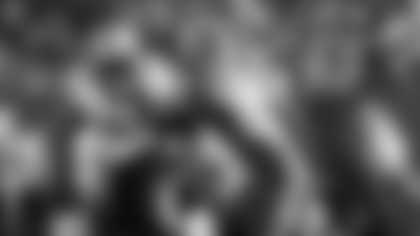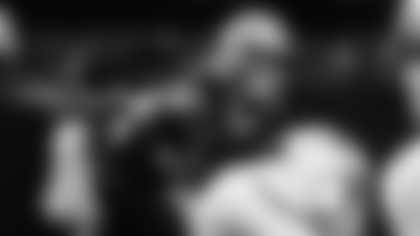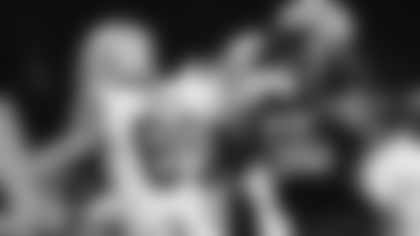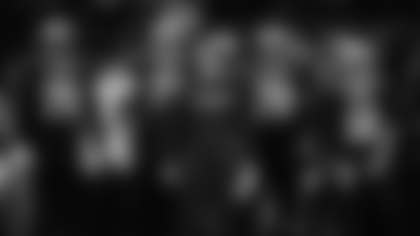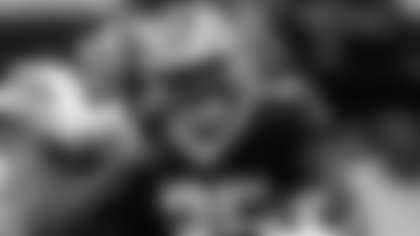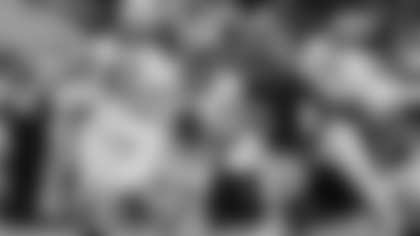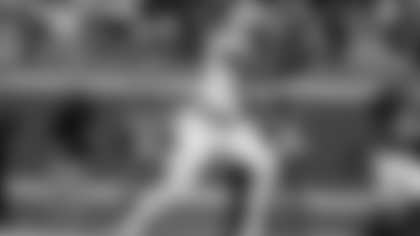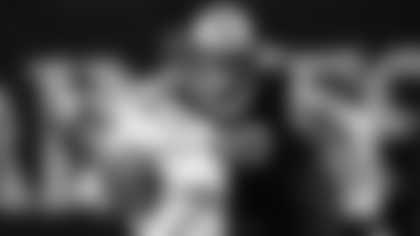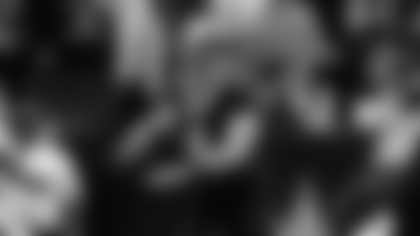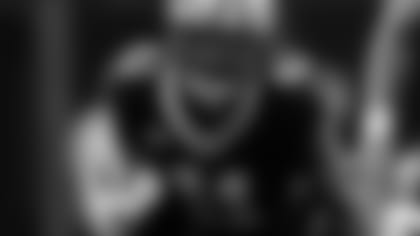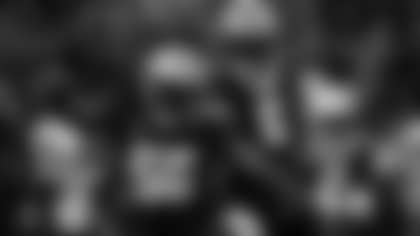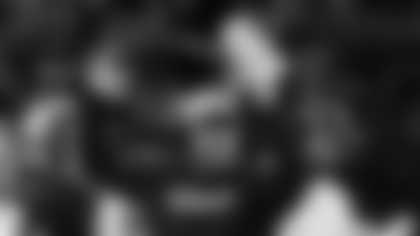Check out photos of Sean Payton from the Saints win over the Buccaneers on December 24, 2016.
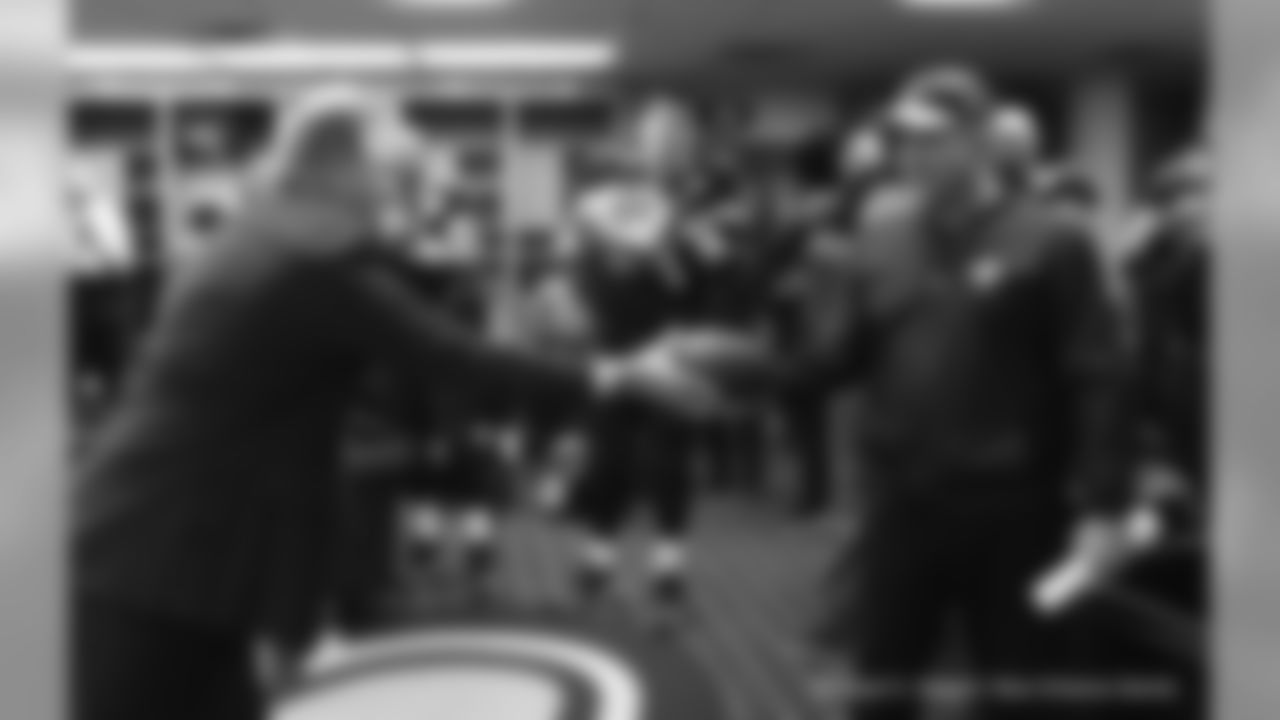
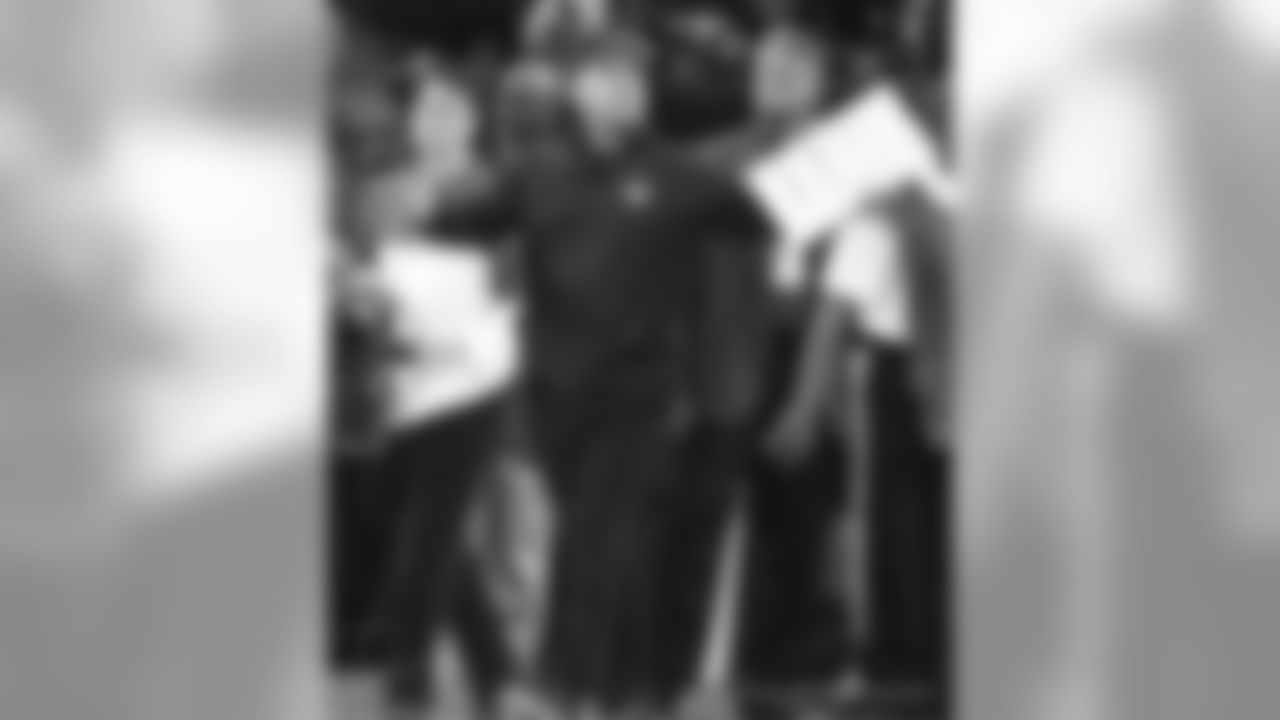
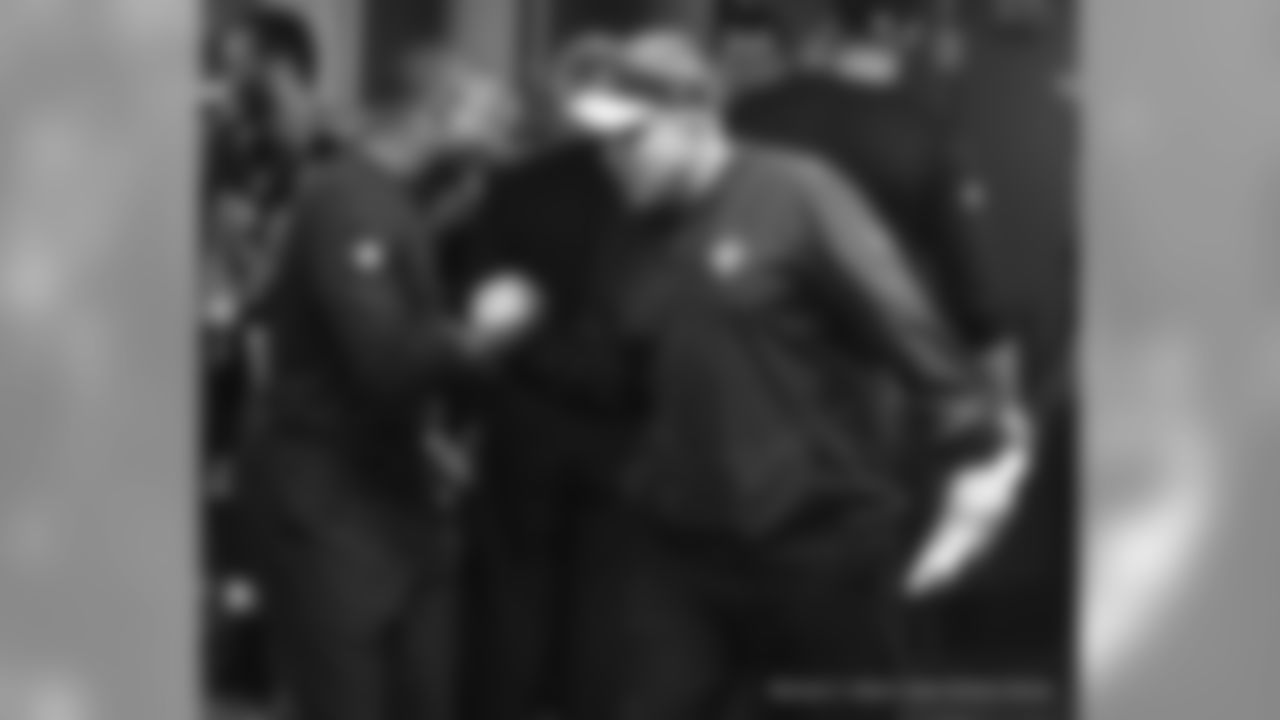
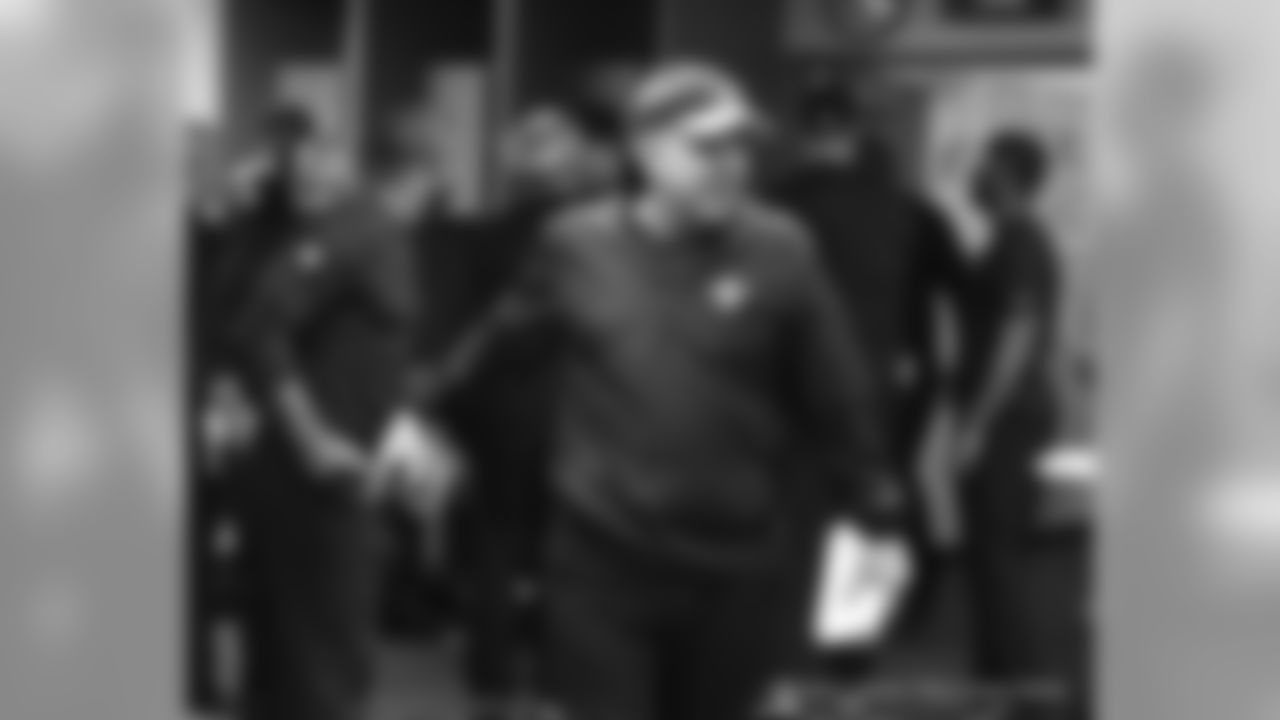
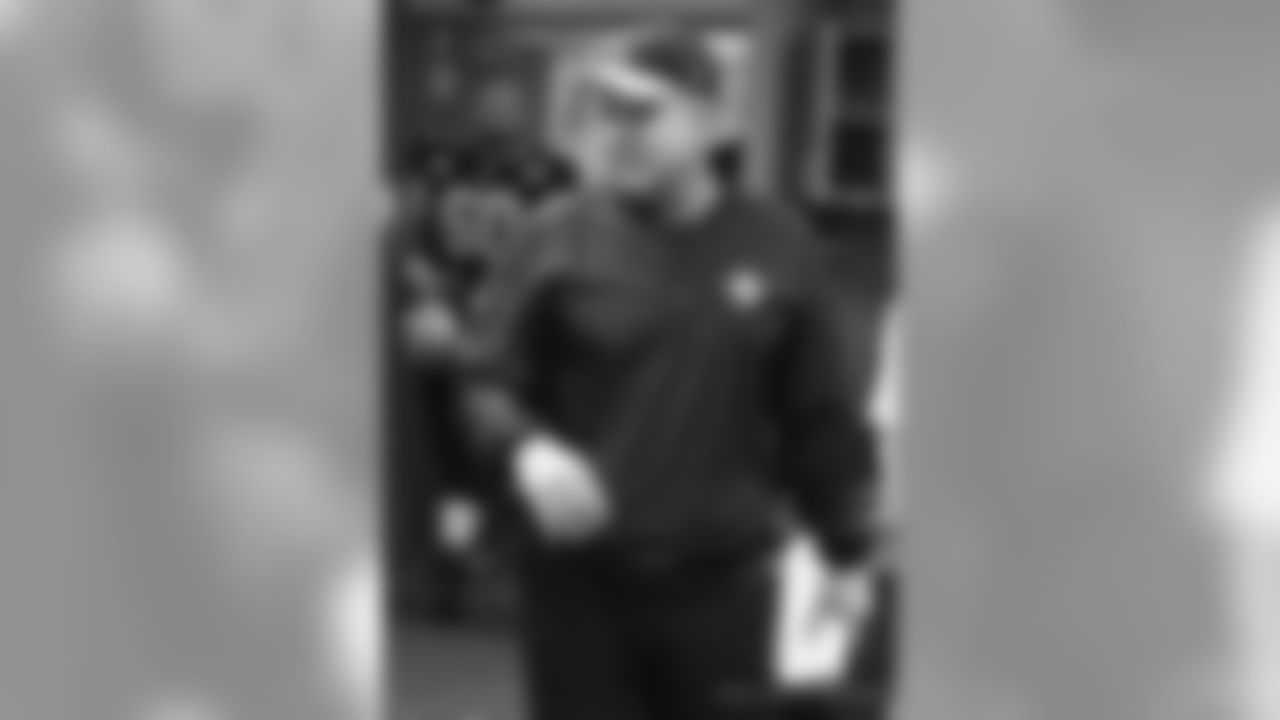
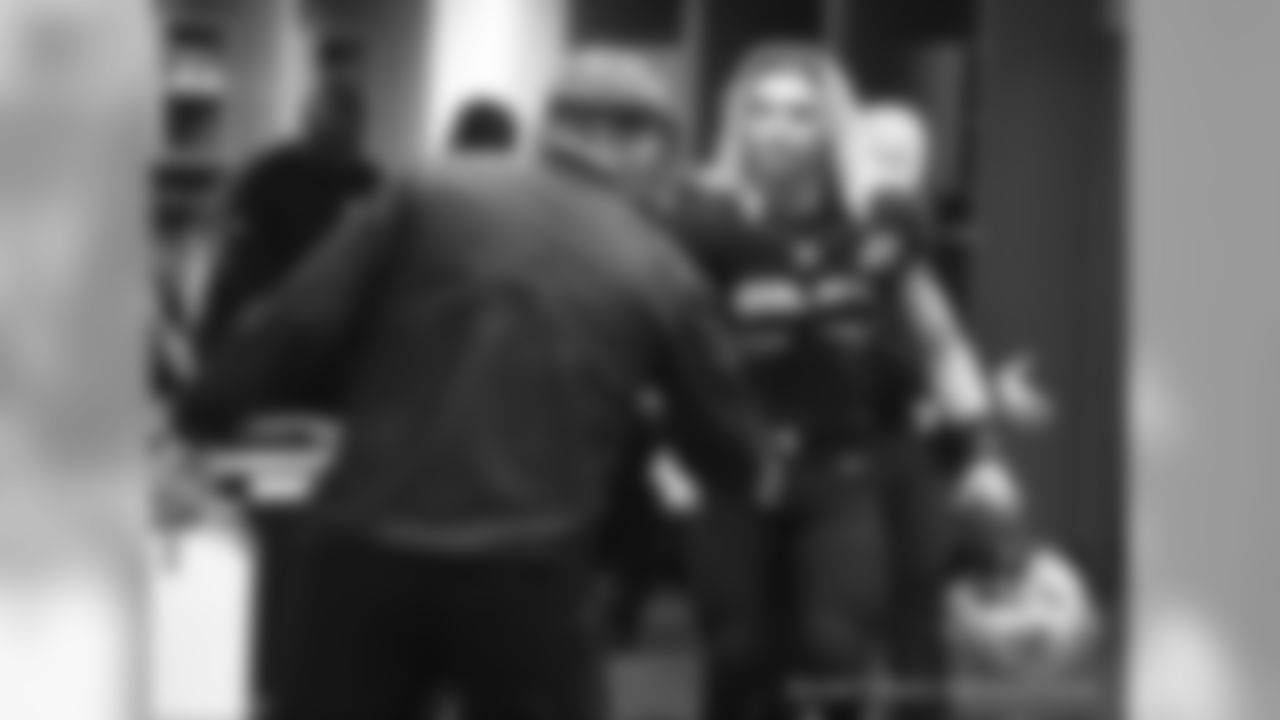
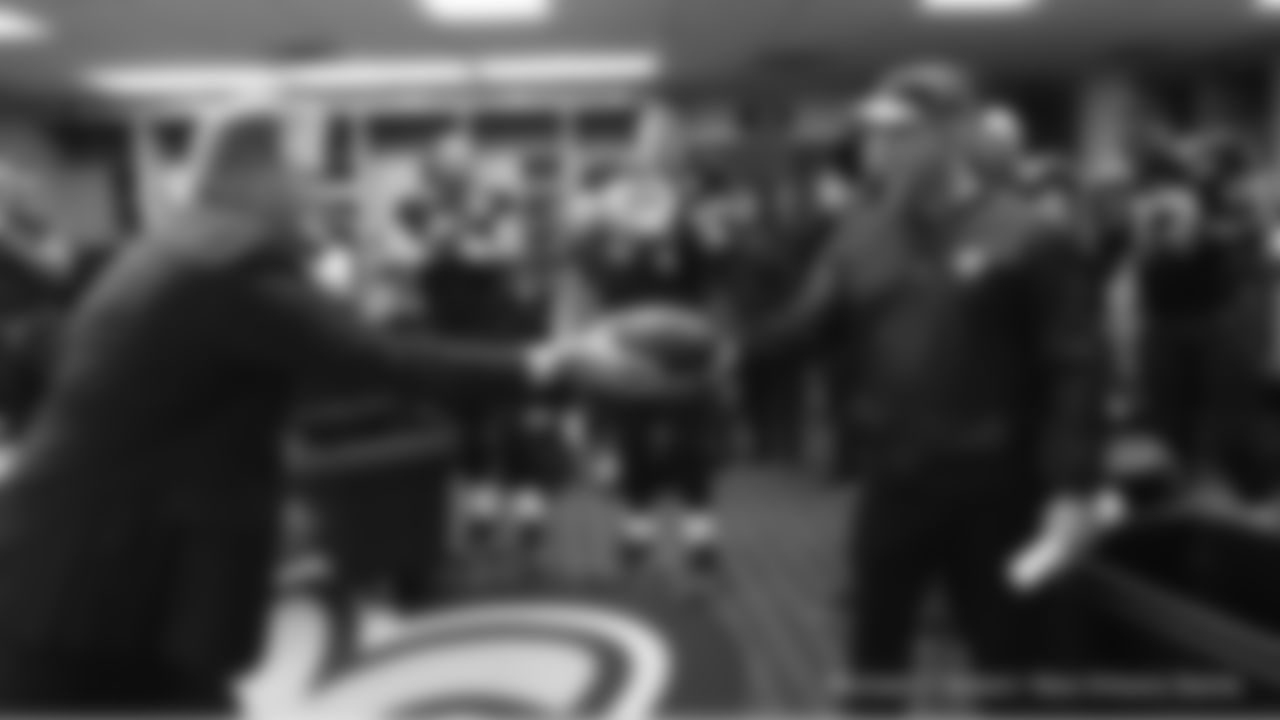
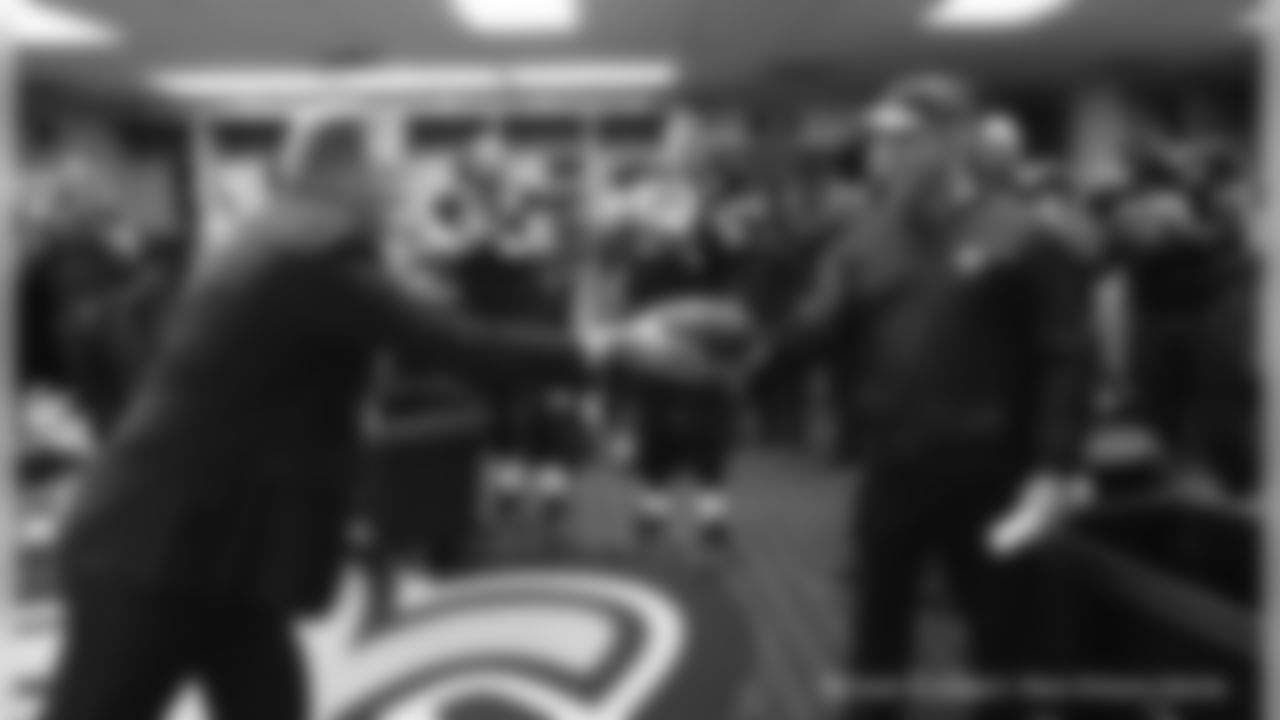
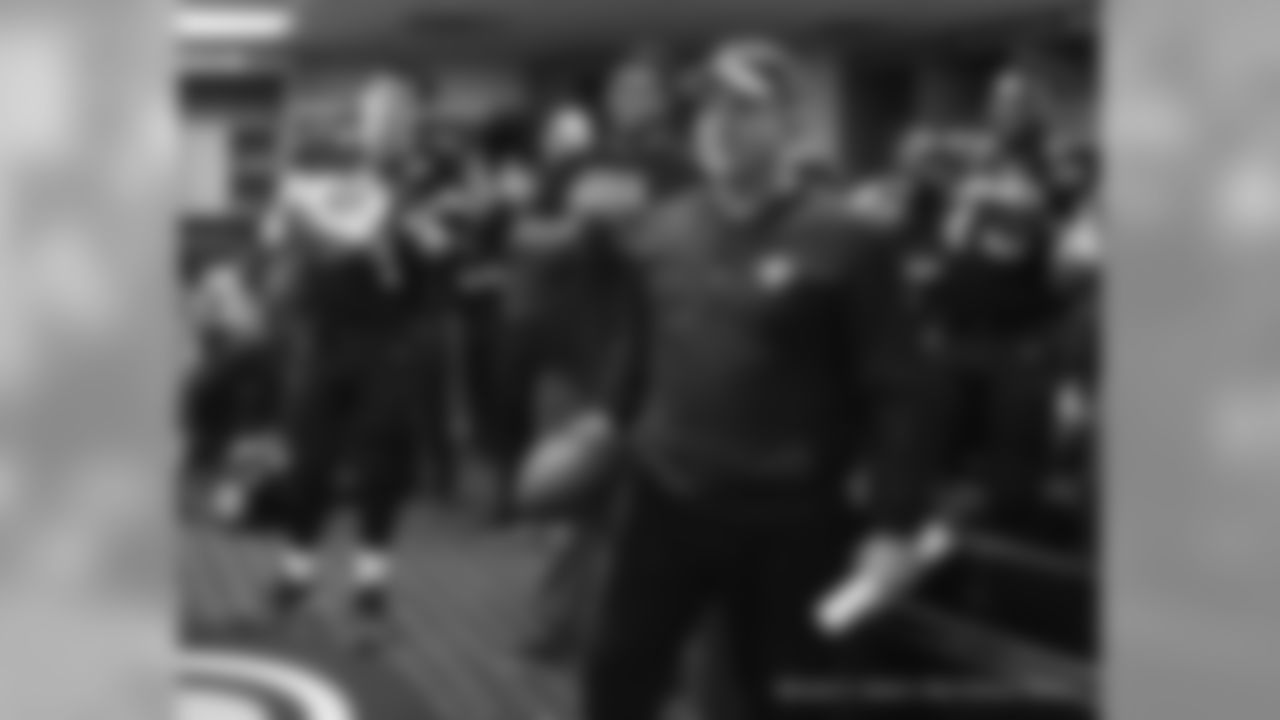
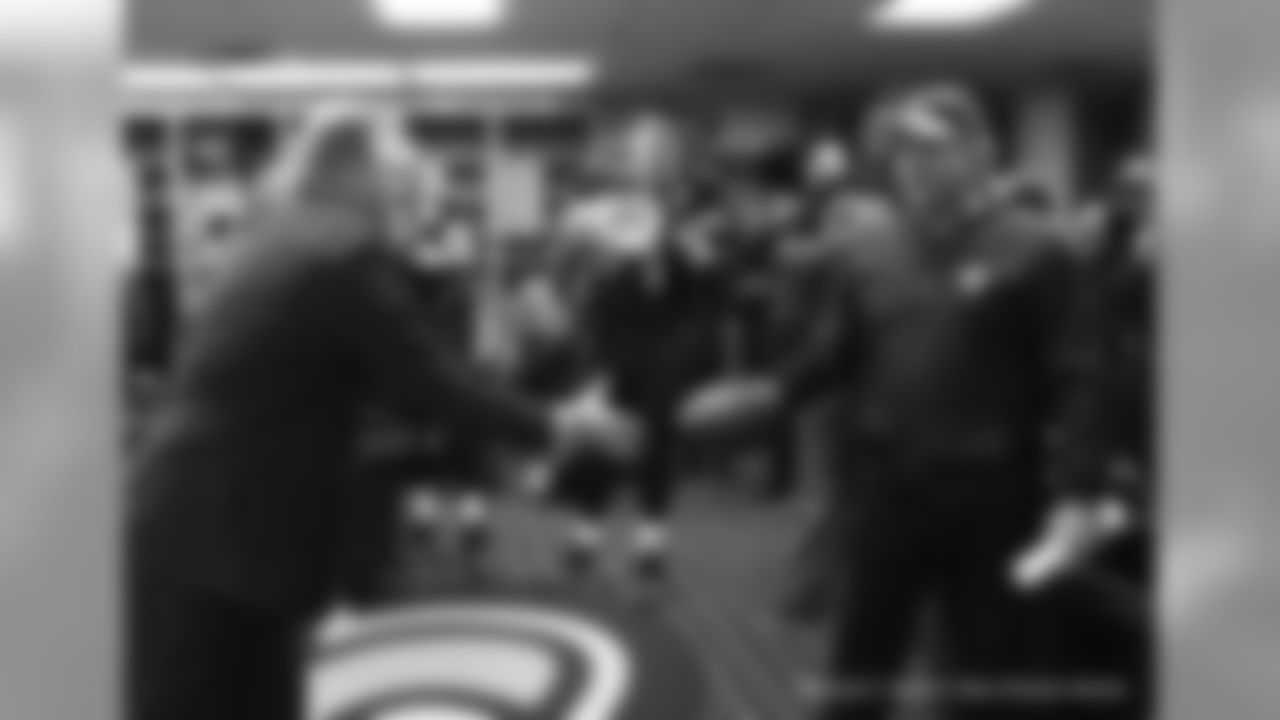
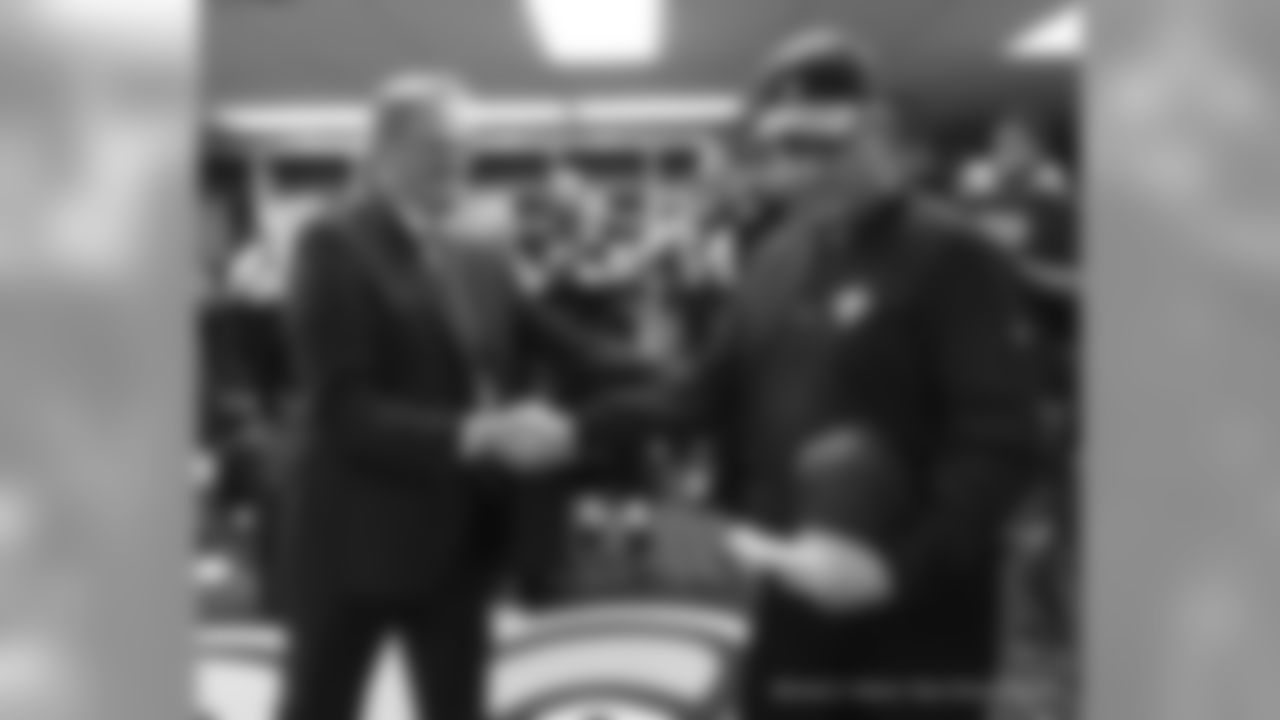
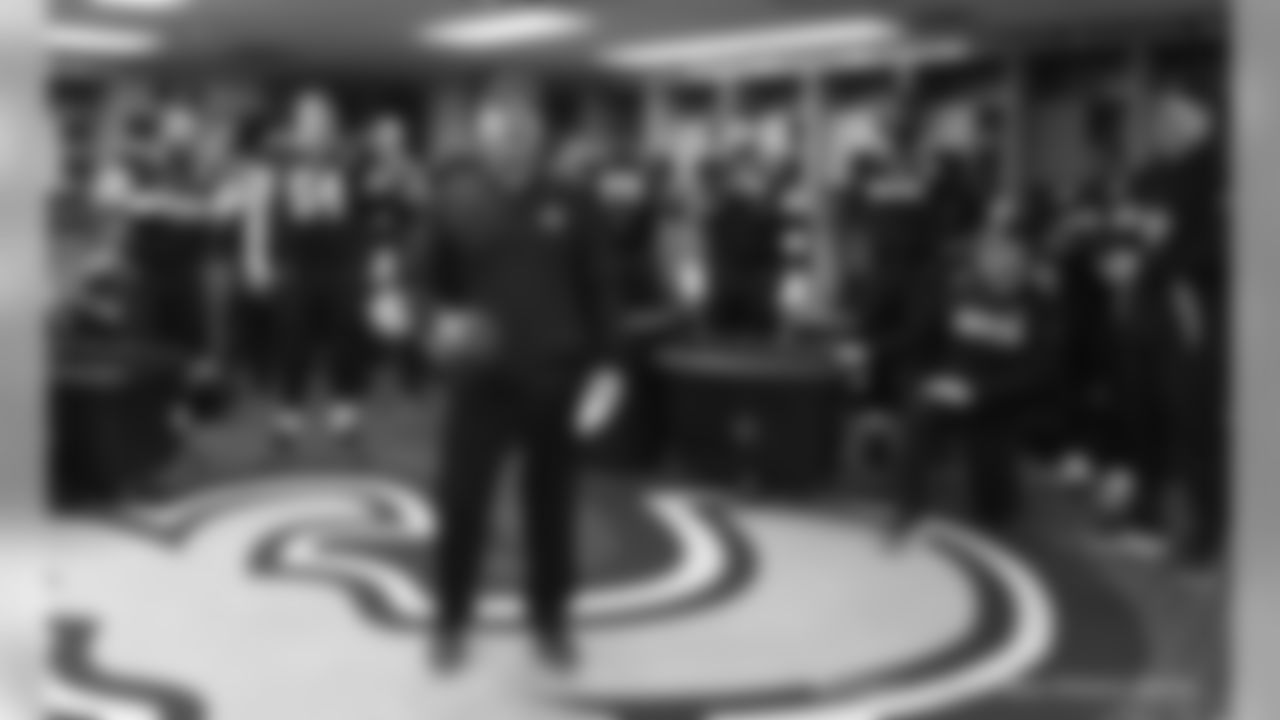
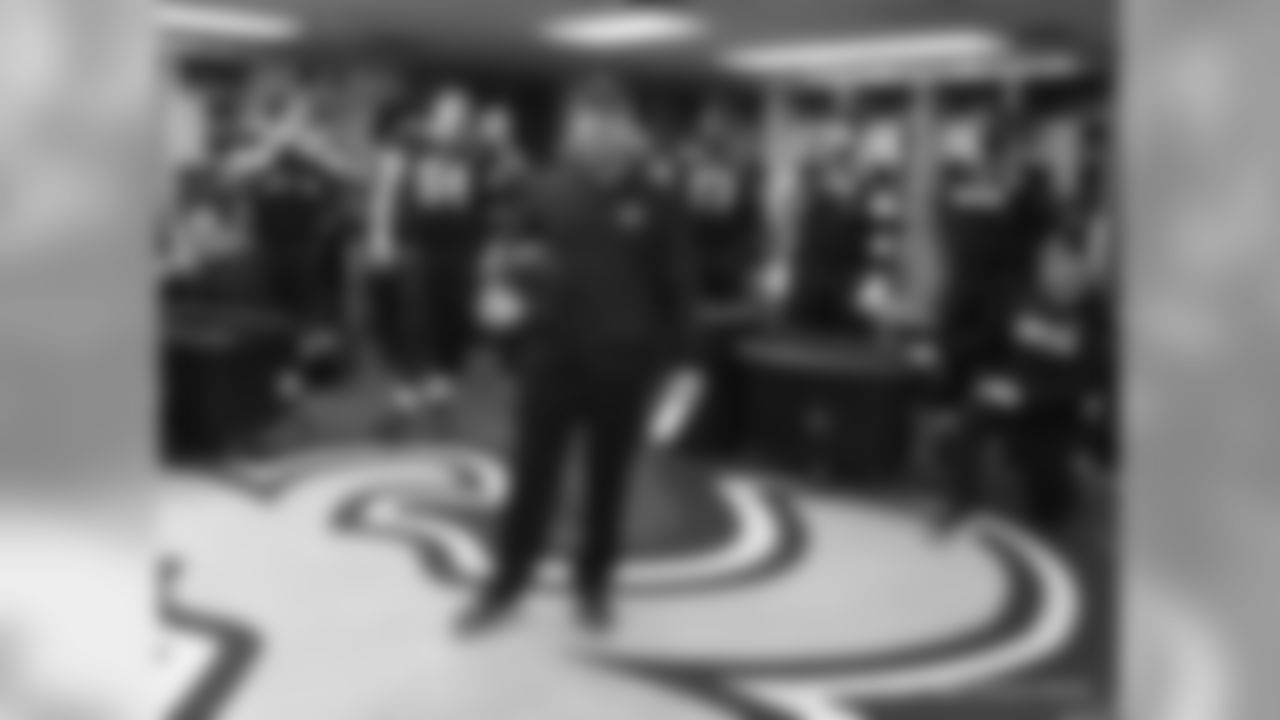
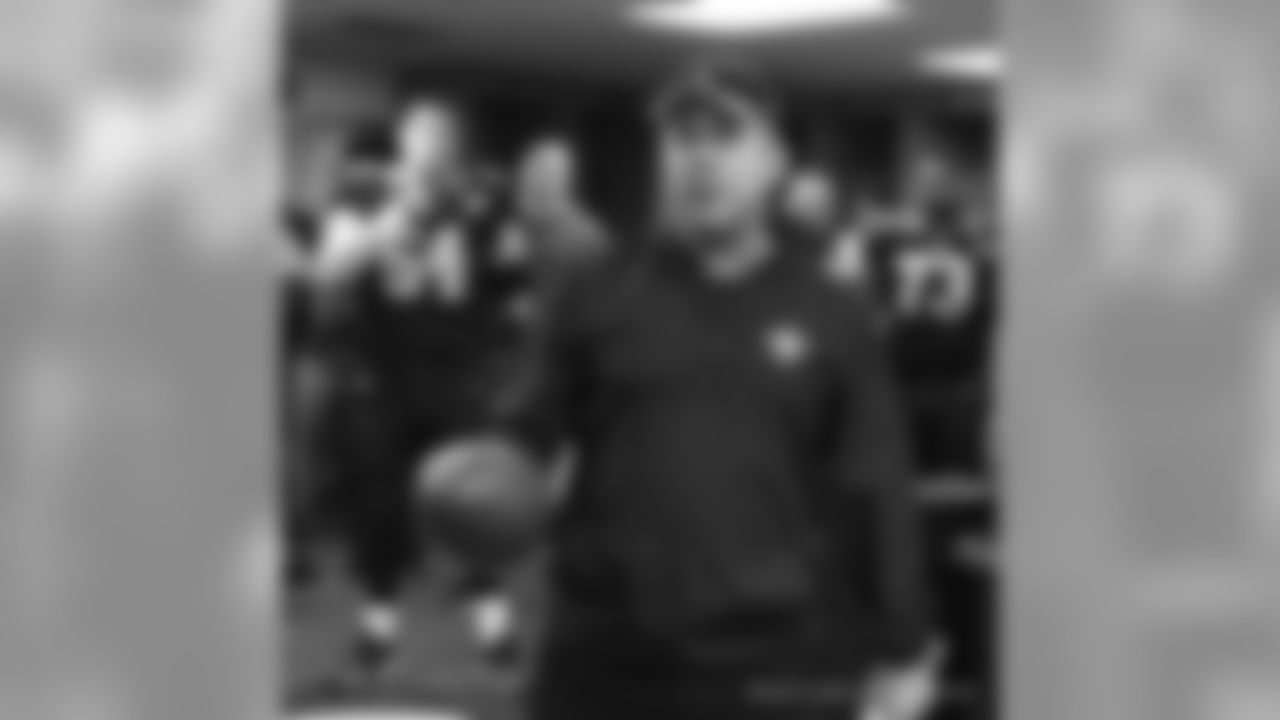
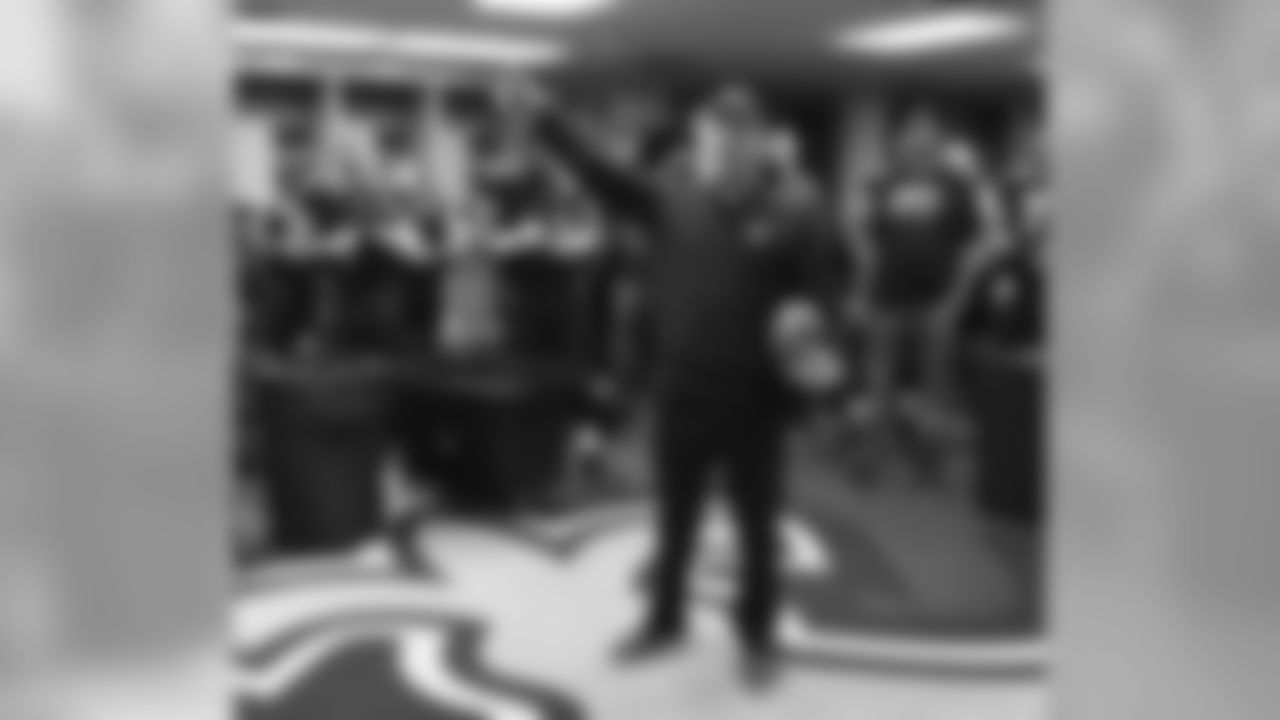
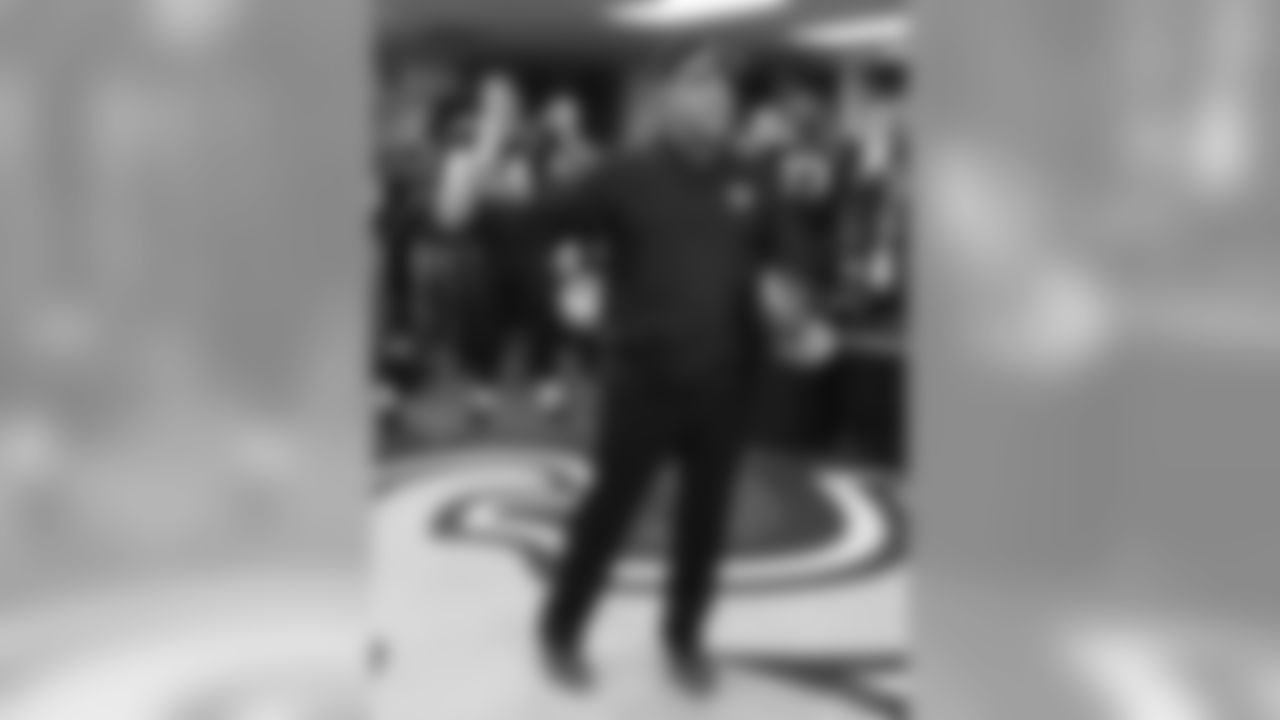
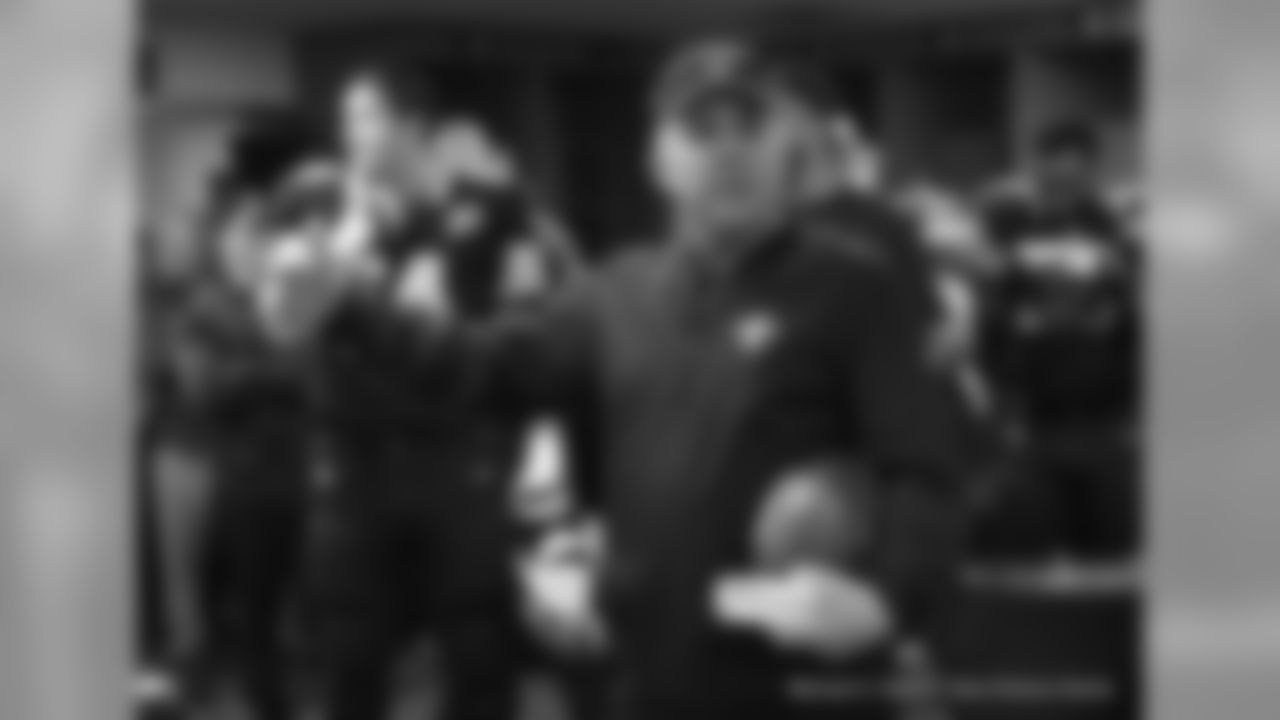
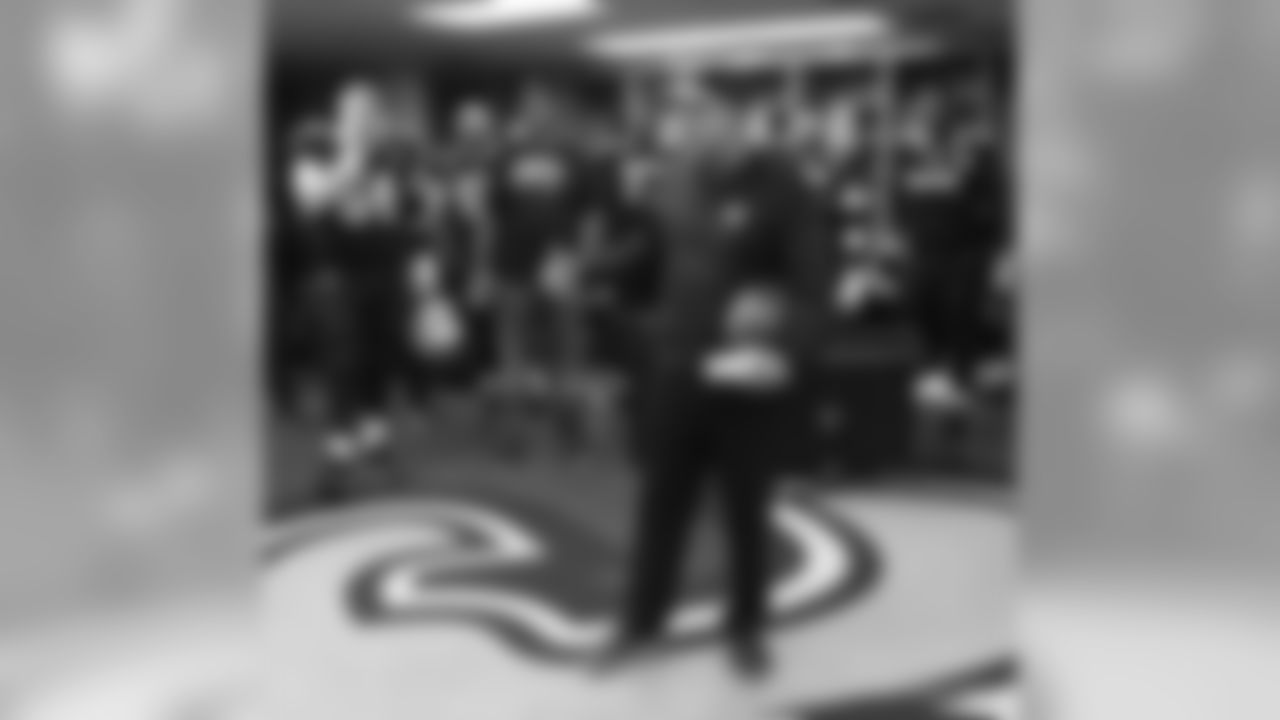
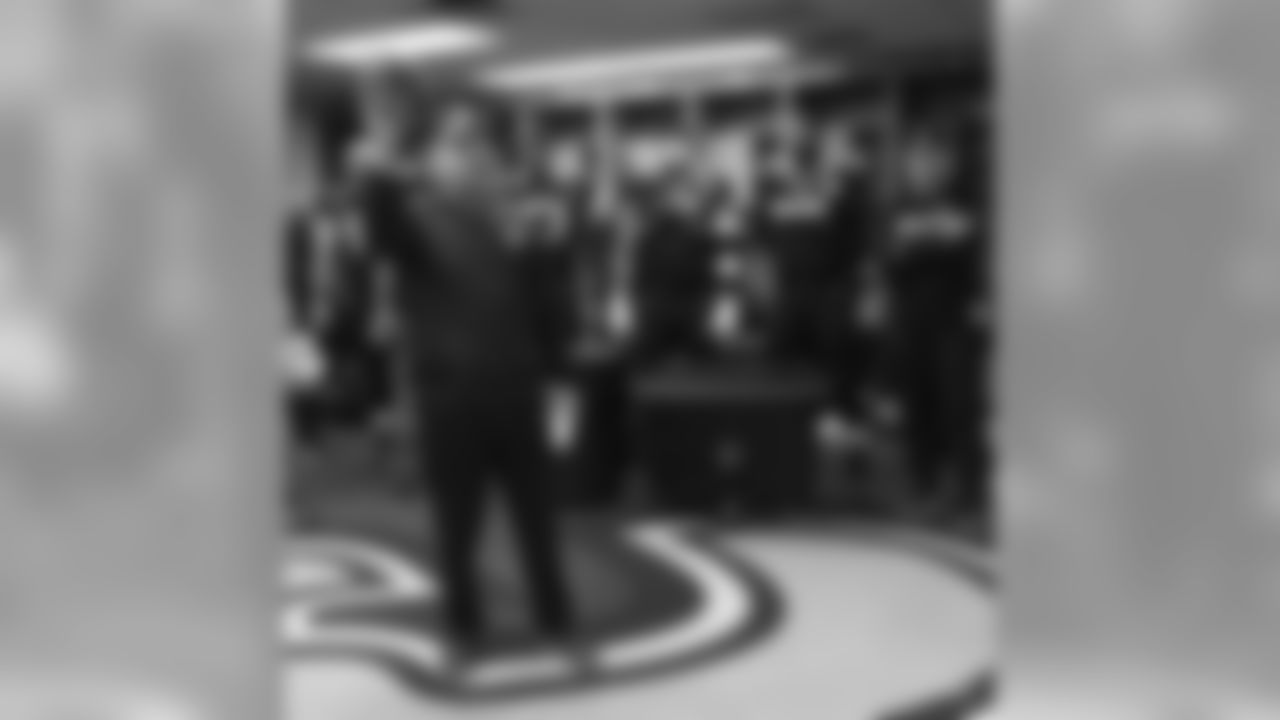
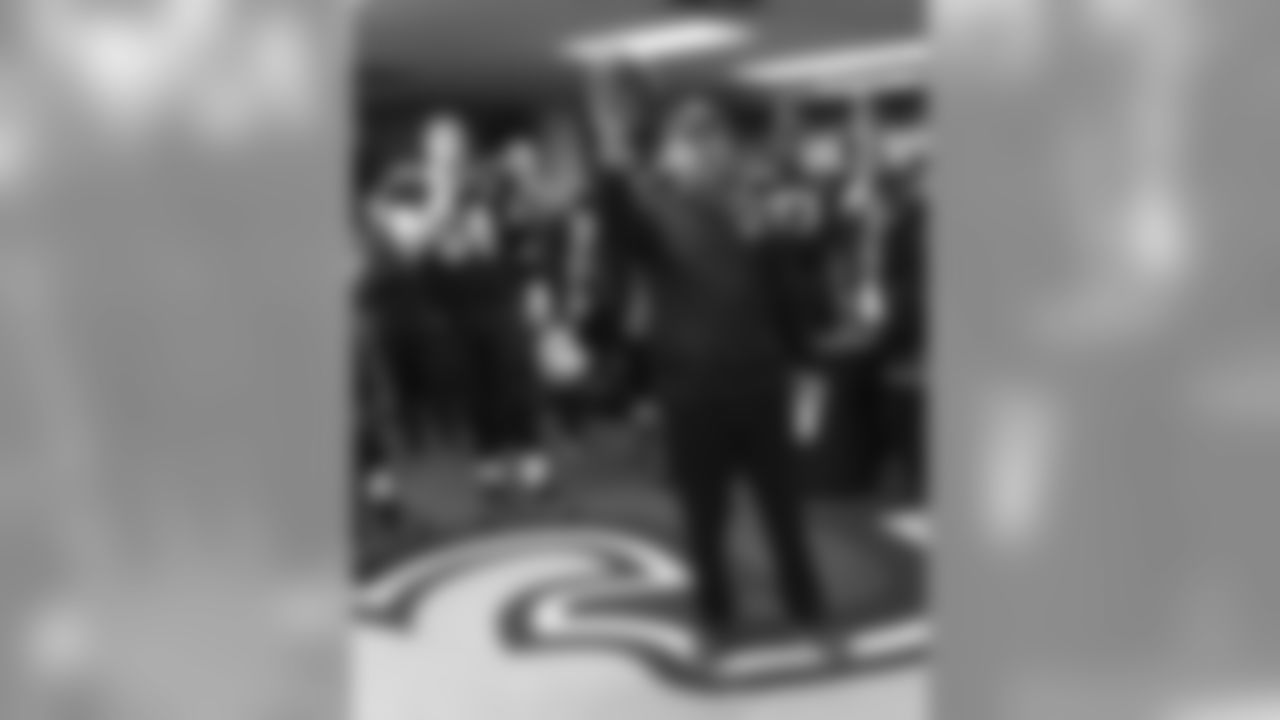
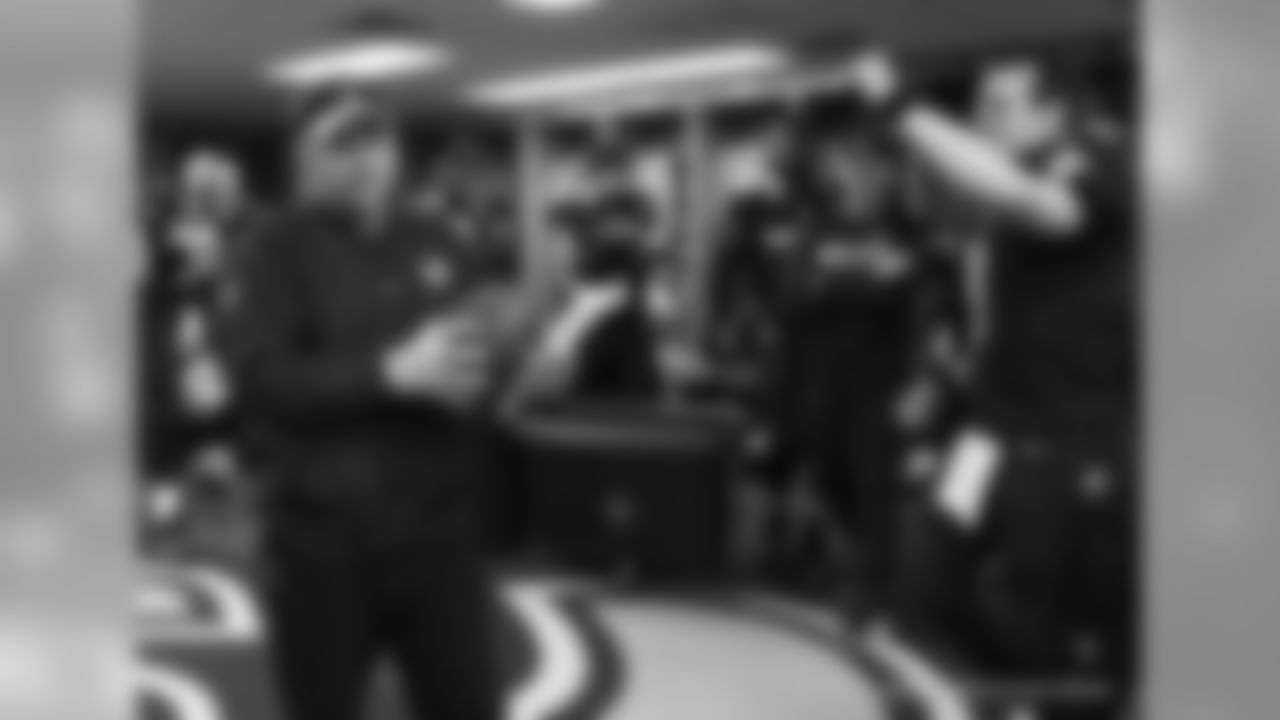
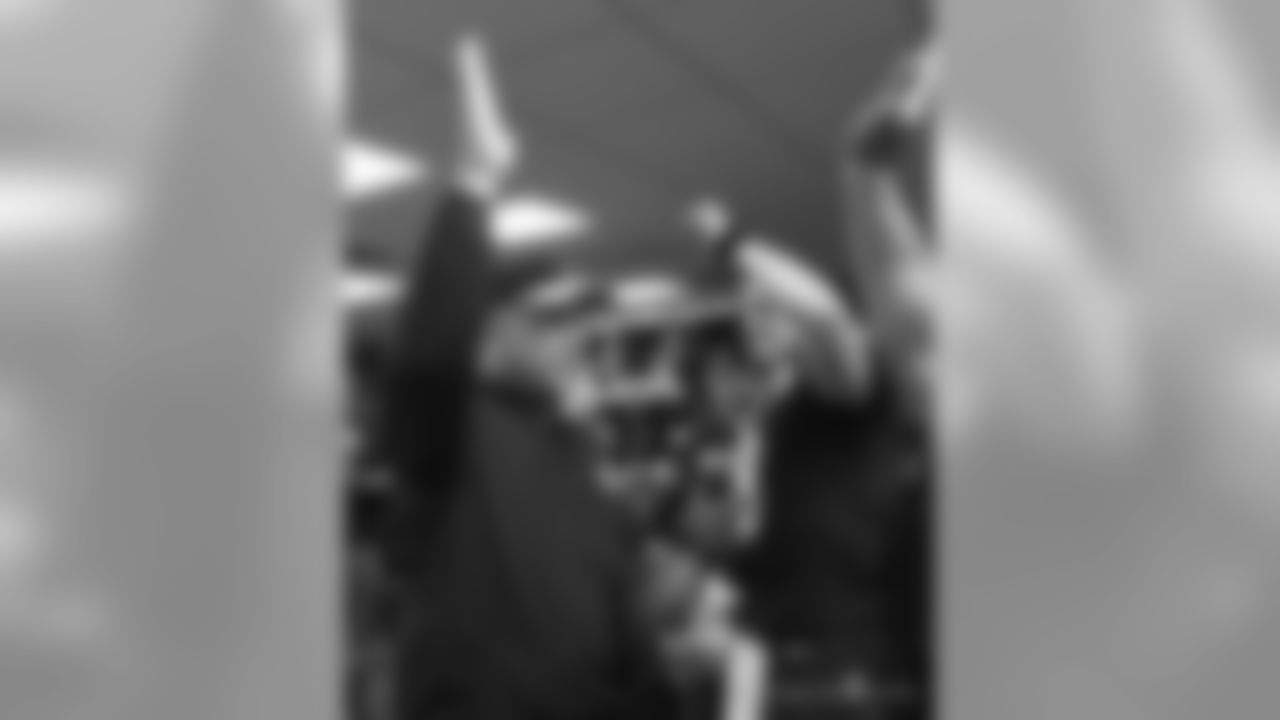
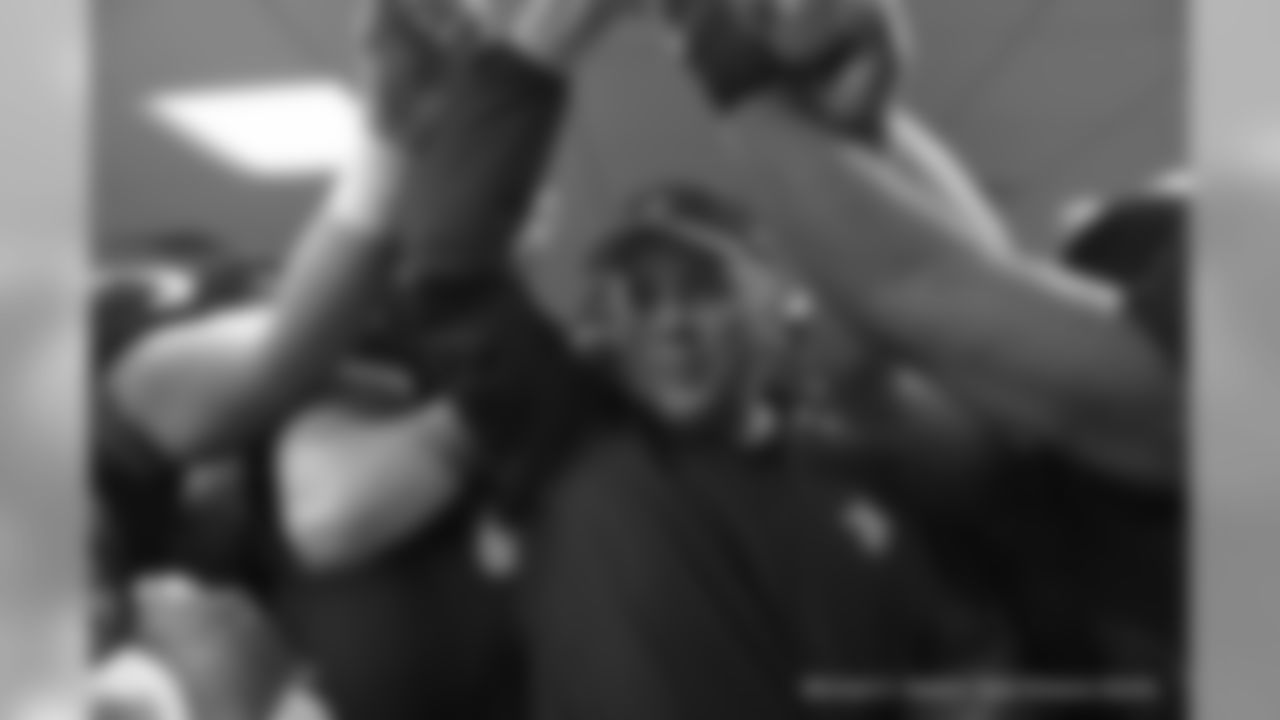
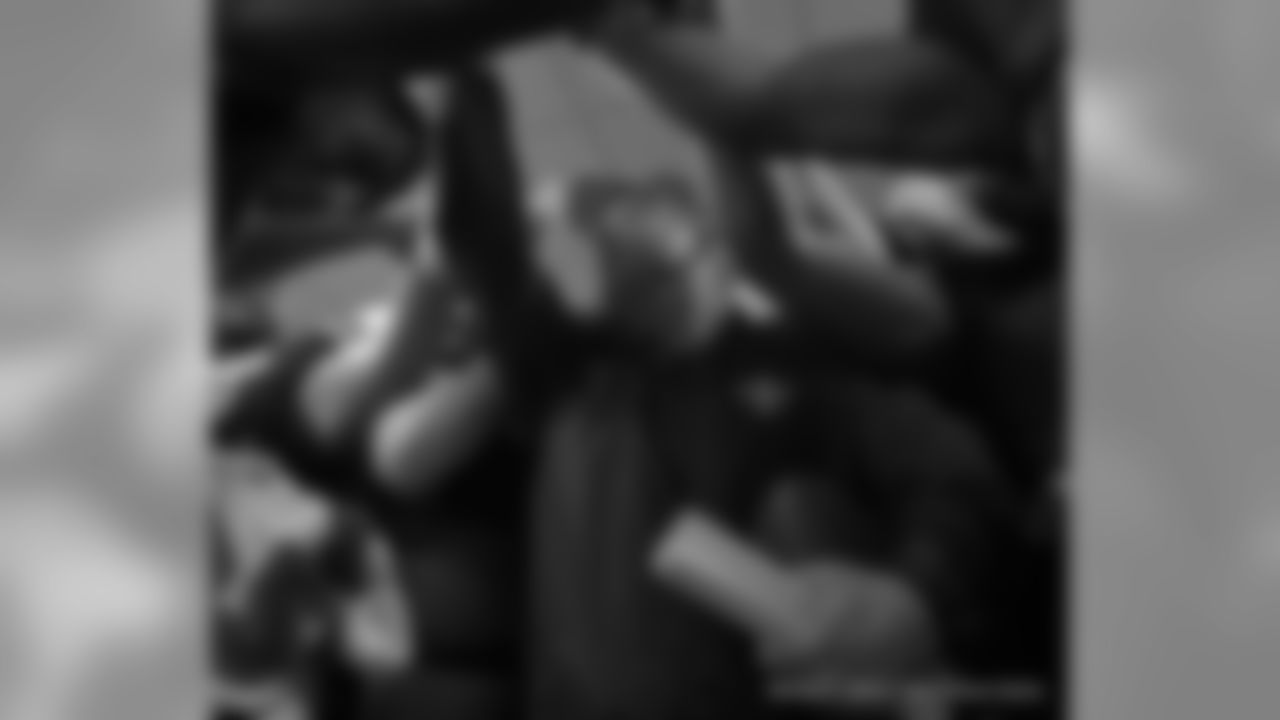
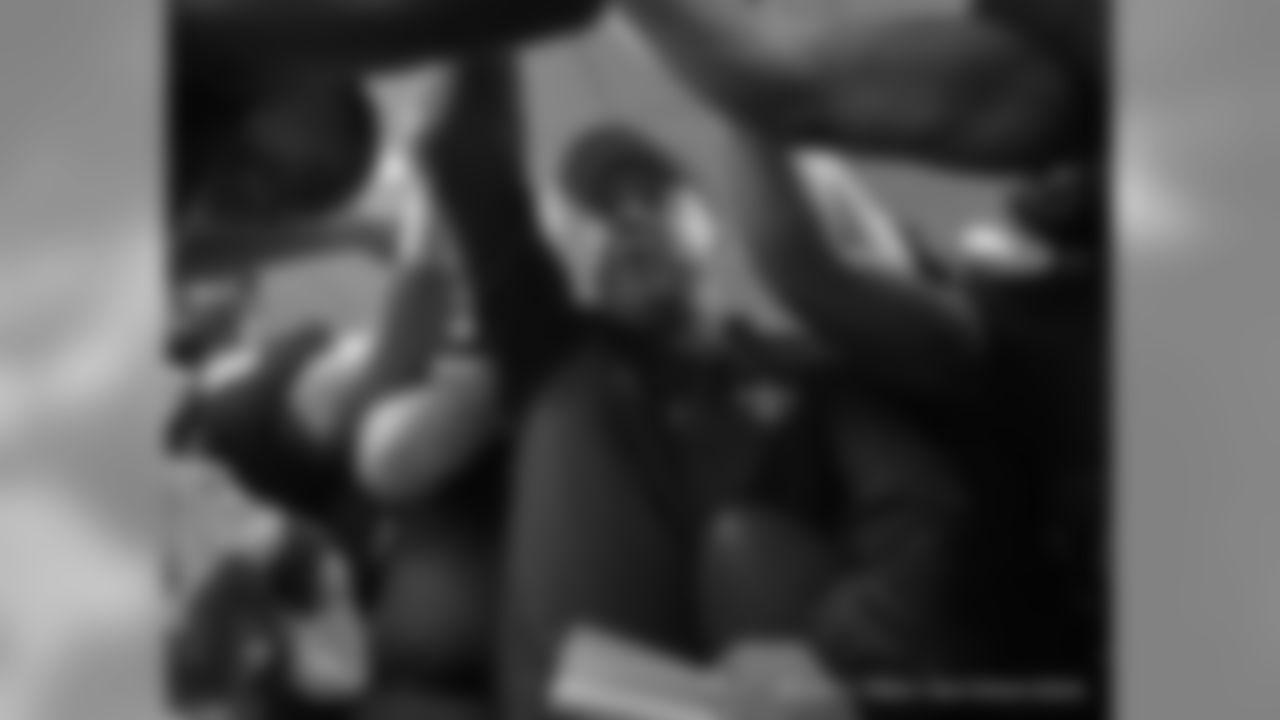
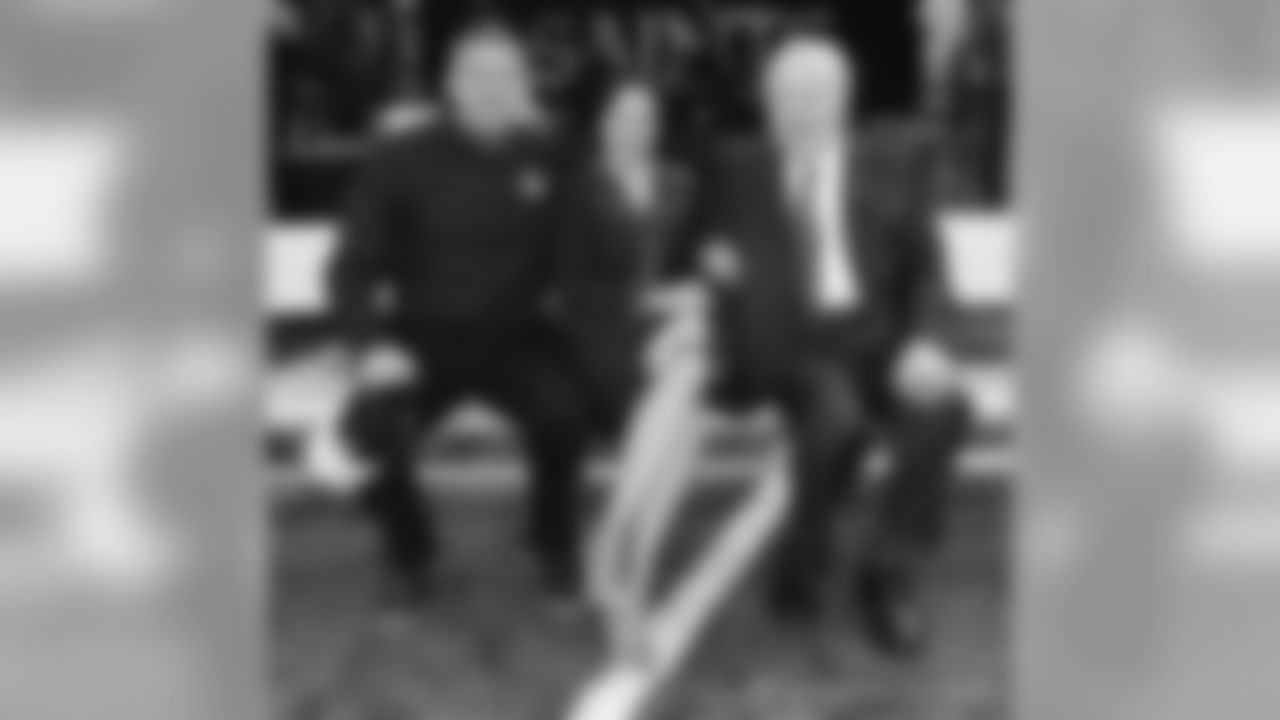
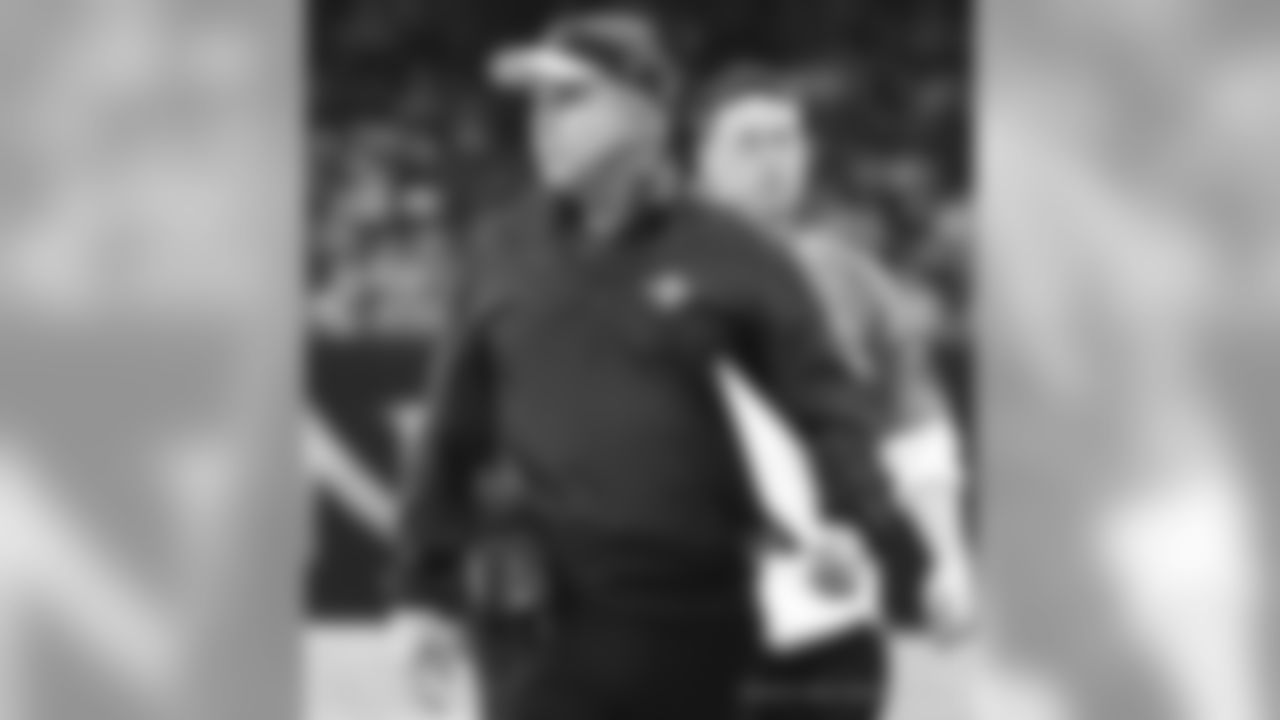
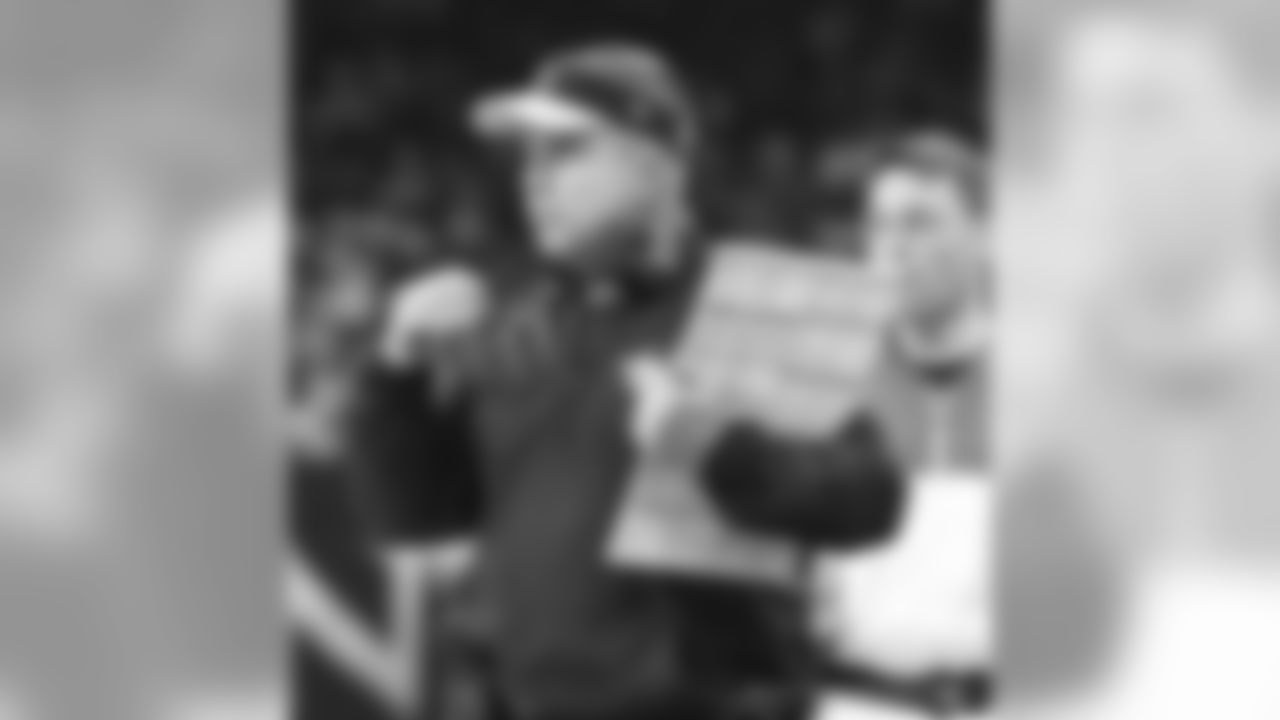
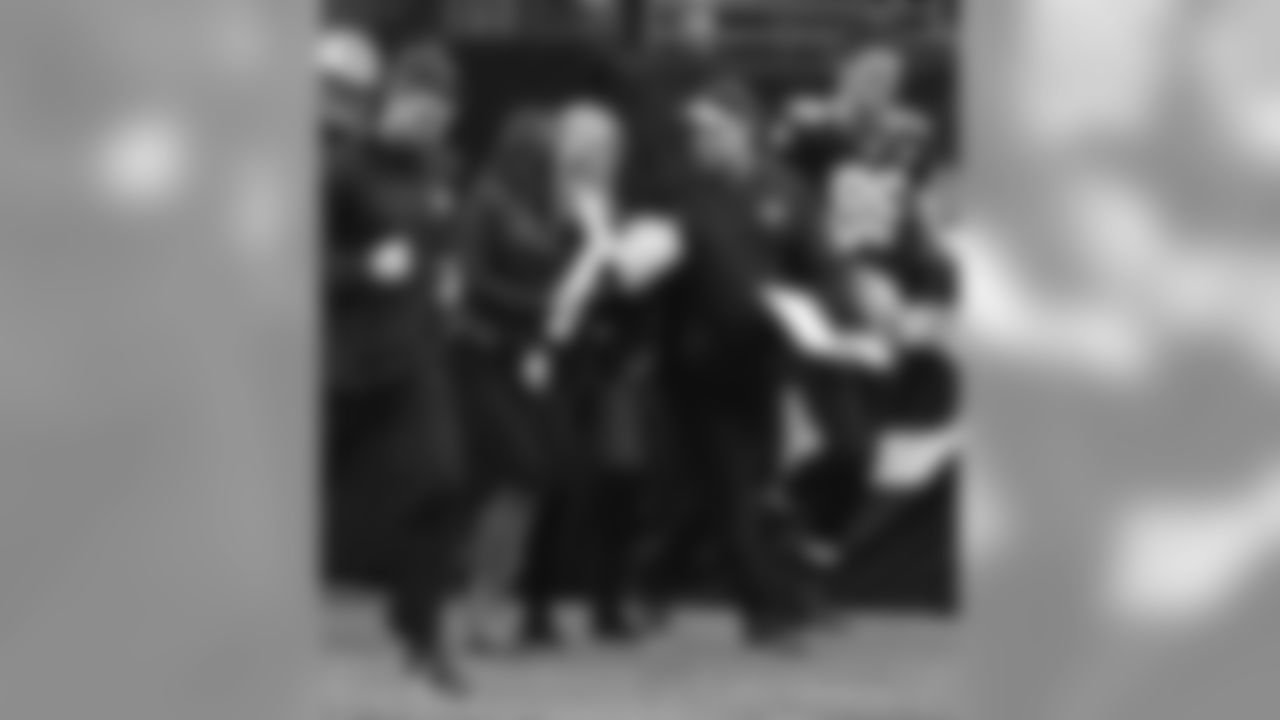
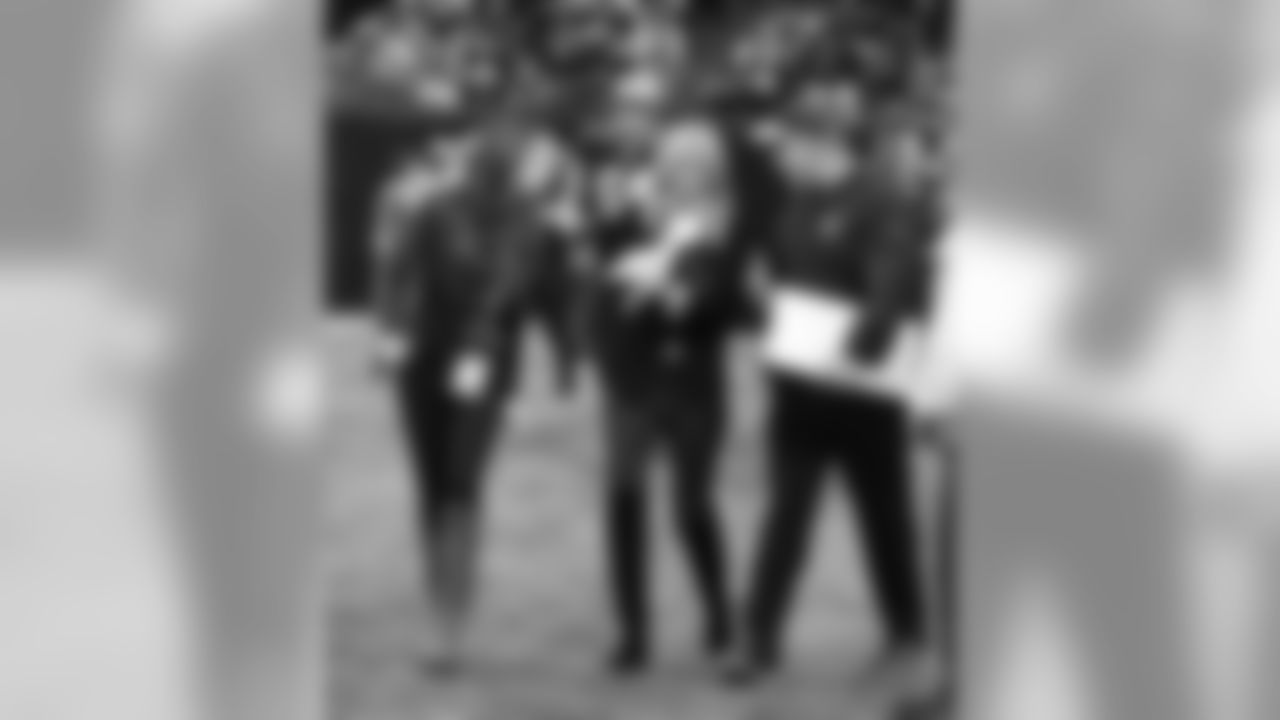
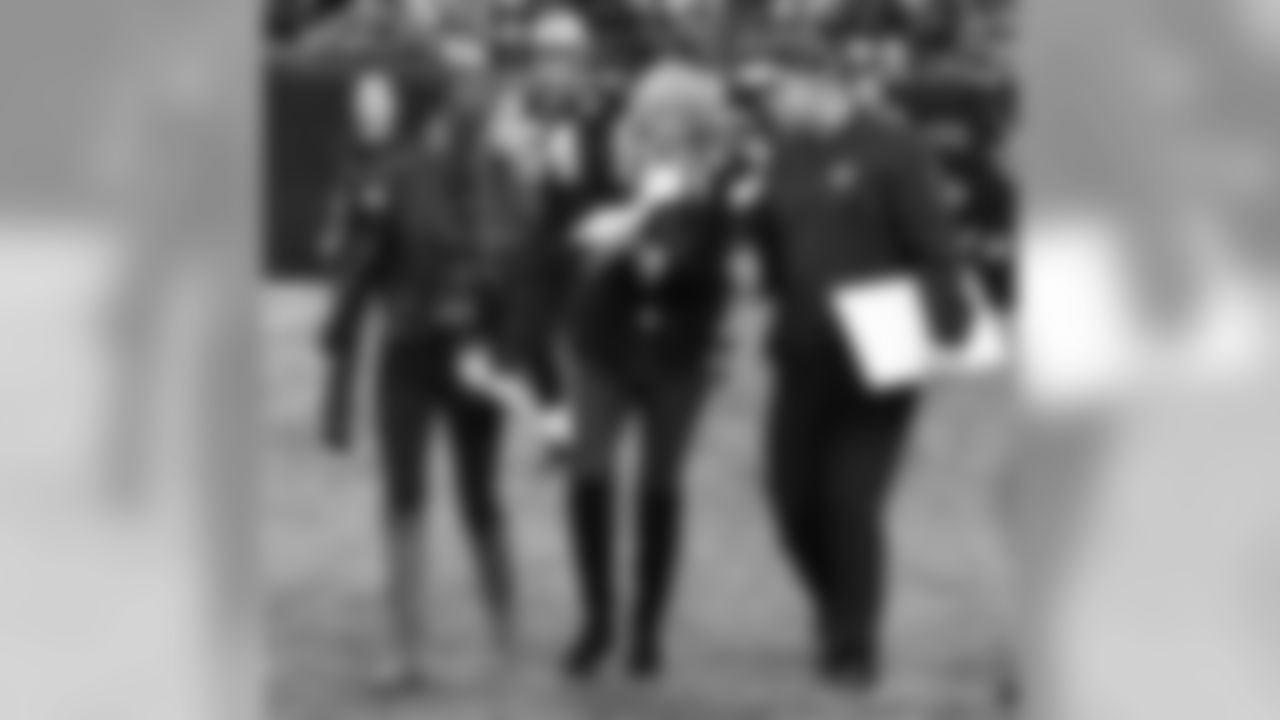
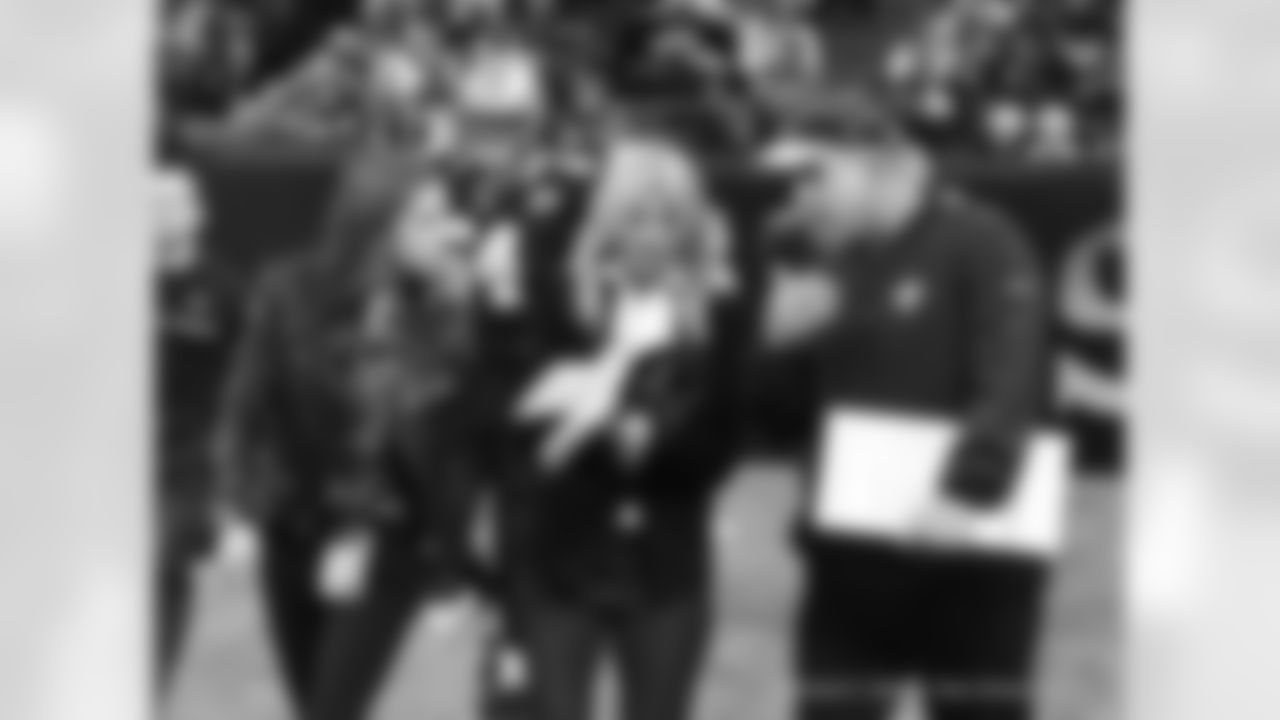
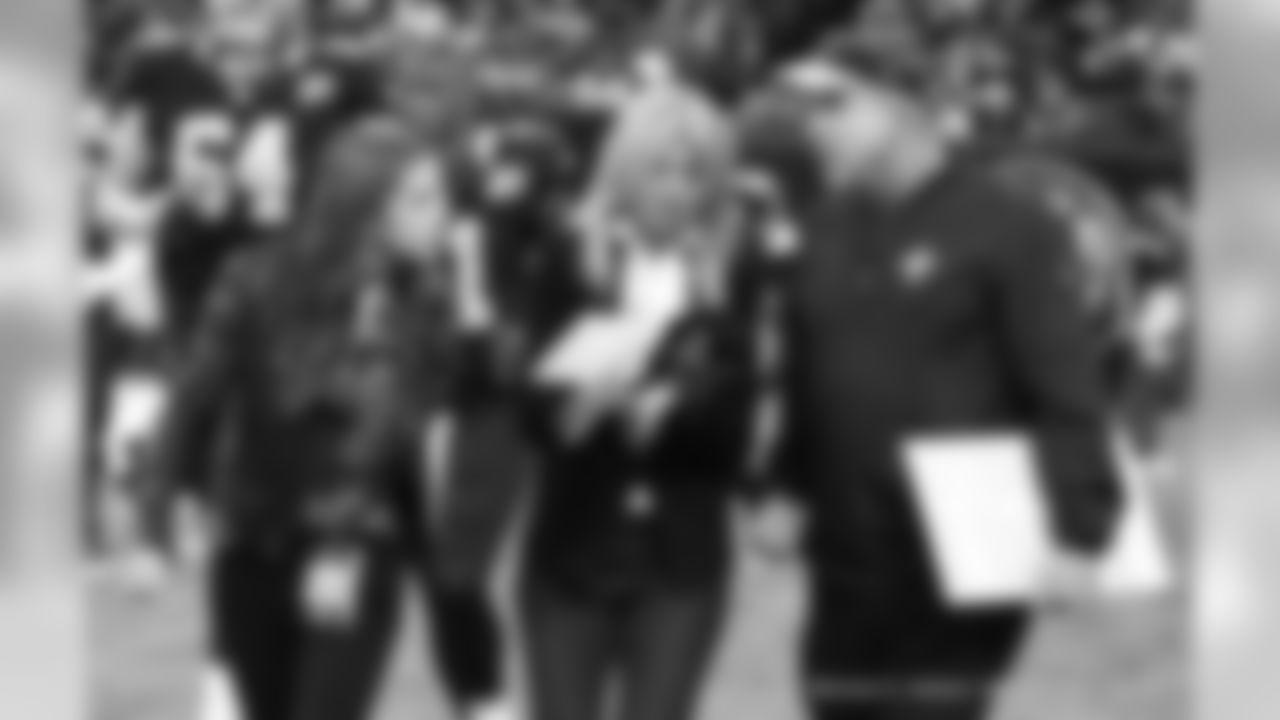
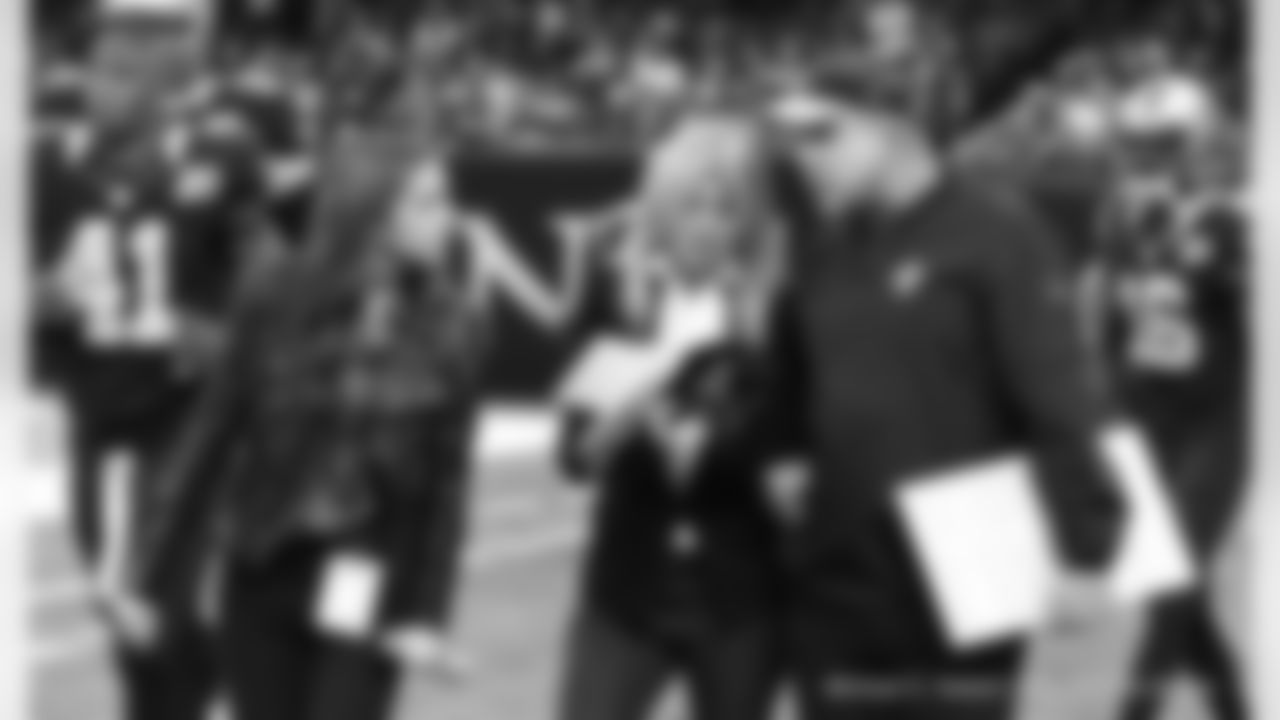
Already, it has been a busy offseason for the New Orleans Saints, headlined by a coaching staff shakeup. As the team enters free agency and then the NFL Draft – the latter preceded by a stop at the NFL Combine – New Orleans will continue to look for ways to post a winning record after three consecutive 7-9 finishes. Coach Sean Paytonsat down with NewOrleansSaints.com senior writer John DeShazierto discuss some of the offseason proceedings.
JD:Give me a thumbnail on each of the coaches you chose to hire this offseason, and why you chose each one.
PAYTON:We just kind of finished the process. On defense, Mike Nolan is new, he'll be working with our linebackers. He's someone I've known for a long time. We've competed against his teams, he brings a ton of experience to the room and I think he'll be a great asset for (defensive coordinator) Dennis(Allen). He's someone that has been a coordinator, he's been a head coach in our league (from 2005-08, with the 49ers), his father was a head coach in our league, a head coach of the Saints (Dick Nolan, from 1978-80). Ryan Nielsencomes from North Carolina State. He's a younger coach, working with the defensive line, he's done a tremendous job there at N.C. State. Ryan played defensive line at USC. He did a great job during the interview process. We hired Bradford Bantafrom Washington as our special team coordinator. Bradford played 11 years in this league and he's been with some real good special team coaches. This year, more than I would say in years past, we've had a little bit more turnover (on the coaching staff) but in each of these positions, we probably interviewed four or five candidates, at least, per position. Bradford did a great job. Those guys have all arrived, so Ryan Nielsen is here, Mike Nolan is here, Bradford is here. Offensively, (receivers coach) Johnny Mortonwas named offensive coordinator with the Jets. We hired Curtis Johnson, who, obviously, we know well, I know well. Curtis was our receiver coach for a number of years before he became Tulane's head coach. I think he'll be a great asset to that room, I know he's looking forward to meeting with these players and getting caught up to speed and getting to know these guys. We assume that he's been here (in New Orleans), but it's been awhile since C.J. has been back. We're just this week finishing with some coaching assistants, guys that are going to come in in more of like a quality control role. Kevin O'Dea, who came to us last year to help special teams, will be working with Brad Banta. Kevin is back, I thought he did a great job with Wil Lutz, our kicker, and just the operations of our field goals and PAT unit. I think that combination – Bradford's got a lot of experience, as does Kevin – and I think it's important in today's game. Often times, when you look at the kicking game and the amount of players that are being coached, it's important that you have the manpower to coach those guys.
JD:What characteristics were you looking for in those new coaches?
PAYTON:No. 1, it always starts with, Are they good teachers? I think we're in the business of teaching. Are they good communicators? Are they passionate about what they're doing, and have they had success? We're really in a passion industry and I think that's the No. 1 thing, and then their ability to teach.
JD:What encourages you approaching the 2017 season? There seemed to be some positive steps, particularly with the younger players last year.
PAYTON:I thought we had an outstanding draft last year. We had some real important free agent signings last year. I'm encouraged with the locker room and this team. There's a certain amount of toughness and grit with this team. We lost some real tough games last year, some close games late. But I think the additions of those new players, with this coming offseason – and I mean the draft coming up here in '17 and our free agency period that's coming up here in a few weeks – I know, as a head coach, you can maybe be biased. But I think any player that's been here for a while or a player that has been with another program would have the same answer: Obviously, it stinks when the season ends and you're not a part of the postseason, and with the right locker room you can feel that pain with every player down there. And I think we can't get started quick enough.
JD:What stands out about this incoming rookie draft class?
PAYTON:The one thing about this class: It's deep on defense at certain positions, I think it's deep on safeties and also on corners. It's got some depth at running back. I think there's a handful of defensive ends. It might not be as deep in the offensive line position. The receiver position, I think a lot of that is, what are you looking for? The Senior Bowl was the first exposure for some of us to see these players. We're in our front-board meetings now and you get a better feel for where these numbers are stacking. But I do think there's a number of safeties, a number of corners and the running back position – those kind of jump out a little bit.
JD:How much does free agency affect the draft?
PAYTON:They have to work together in this way: If you have a must, and a "must" means you must fill this spot – let's say it's a certain position – do you feel like that's available in the draft, and what kind of depth do you think exists at that position in the draft? If it's not, then you pay a little bit closer attention to free agency at that position. So we'll meet, probably every other day, on free agency versus draft, and we'll talk about players we just read in the draft. Our free agent board sits there and what you're trying to put together is, in free agency, there's got to be a clean fit and it's got to be a specific fit. In this year, you might not look at free agency at the safety position as much because you feel like there's a number of safeties – if that was an area you were looking at – there's a number in the draft. If you were looking for an offensive lineman, you might look at it and say that's going to have to happen in the first two rounds of the draft, or else your depth may exist a little bit more in free agency. So I think, working backward as to what's available in the draft, it's still about building your team through the draft and then complementing it in free agency.
JD:Last year, you said you wanted a player who could pressure the quarterback in the draft. Is that need, or want, still there?
PAYTON:It's a must. We've got to find a pass rusher. Now, whether that comes from free agency or that comes from the draft, we have to be better at affecting the quarterback. Last year if you took hurries, sacks, pressures – a study of all three things that can happen with a rush – we were in the bottom third of the league and that has to get better.
JD:What are your thoughts on your 2016 draft class? Did those players pretty much match up to what you hoped they would be?
PAYTON:I just told the scouts in our meeting, 'Man, the formula as we approached last year needs to be clear.' We found guys that had passion, guys that were smart football players, it was important to them. So you start with (defensive tackle) Sheldon Rankins, who came on after the injury. (Receiver) Mike Thomas, (safety) Vonn Bell, (defensive lineman) David Onyemata, (running back) Daniel Lasco– all of those guys fit that criteria that we're looking for. And the point I was making is, we did a real good job last year. Let's not lose track of what the focus was and how we arrived at some of those decisions.
JD:What went into the decision to re-sign (fullback) John Kuhn?
PAYTON:John was one of those players that, not being as familiar with him because he'd played in Green Bay, there's a role that he provided not only in the fullback position, but also taking some of the wear and tear off the backs in some of the third-down protections. We get a lot of pressures, a lot of different dogs, maybe some inside pressures and there's a physical-ness to his play that keeps that pocket clean for Drew. I also think he brings a real good element of leadership to our team. I like the player.
JD:Drew is going into the last year of his contract again, the negotiations always seem to kind of figure themselves out. Is there ever any alarm when it comes that union with him, the contract and the team?
PAYTON:I don't think so. I think there's the right level of trust and communication. When that doesn't exist, I think it becomes more challenging. There's not at all, I think, in our minds an alert. (Saints general manager) Mickey(Loomis) and (Brees') agent will talk regularly. I think when we went through this process a year ago, it was just like we thought it would be and that gets back to communication, trust and an understanding of both sides. He played extremely well last year and I'm sure he's excited about this season.
JD:Have we lost a good appreciation of how good he is?
PAYTON:I don't think so. I think we see it. I think it gets lost in a 7-9 record, and there'll be things that he wants to improve upon to help us get over the hump next year, (and) things that I need to be better at. I think the No. 1 thing we as a team and a coaching staff need to do as we prepare for the upcoming season, is figure out ways that we can become better, starting with ourselves and then collectively as a team.
JD:How much roster turnover do you expect?
PAYTON:Without giving a percentage to it, there's always that attrition of the free agents whose contracts are up. Some of them you're able to keep, some of them go on to other teams or retire. And with the upcoming rookie class … there's no guarantees. I think the worst thing we could do is ensure that every draft pick makes the roster. Last year, those guys that made the roster earned that spot. Generally, you're around 20 percent (turnover), probably a little bit more depending on the year you're having with regard to your own free agents.



